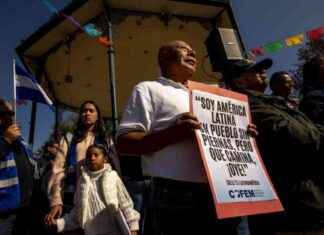A federal judge in Texas recently made a significant ruling by declaring the 156-year-old ban on at-home distilling unconstitutional. The ruling was in response to a lawsuit filed by the Hobby Distillers Association, a group advocating for the legalization of individuals producing spirits like whiskey and bourbon for personal consumption.
The judge, Mark Pittman, sided with the arguments presented by the association’s lawyers, stating that the ban exceeded Congress’s taxing power and violated the Commerce Clause of the U.S. Constitution. This decision has far-reaching implications for those interested in at-home distilling, as it prohibits the government from enforcing the ban against members of the Hobby Distillers Association.
The lawsuit, filed against the Alcohol and Tobacco Tax and Trade Bureau and the Department of Justice, challenged the government’s regulatory authority over activities conducted within a person’s home. People found violating the at-home distilling ban could face hefty fines or even prison time.
The ruling was met with praise from various groups, including the Competitive Enterprise Institute, a libertarian think tank. The organization’s lawyer, Devin Watkins, emphasized that the decision upholds personal freedoms and federalism, highlighting the importance of living under a government with limited powers.
While some individual plaintiffs failed to demonstrate a credible threat of prosecution, the group and one member, Scott McNutt, successfully showed the potential harm they faced without an injunction against the ban. The judge’s verdict underscored the limitations on Congress’s taxing power and its ability to regulate interstate commerce in cases like this.
The ruling serves as a reminder that there are boundaries to the government’s authority, particularly when it comes to regulating activities within private homes. It sets a precedent for individuals advocating for personal freedoms and limited government intervention in everyday practices like at-home distilling.
Overall, this ruling marks a significant victory for proponents of at-home distilling and reinforces the importance of upholding constitutional rights and principles. It highlights the ongoing debate around government regulation and individual liberties, shedding light on the delicate balance between public interest and personal freedom in the United States.
















